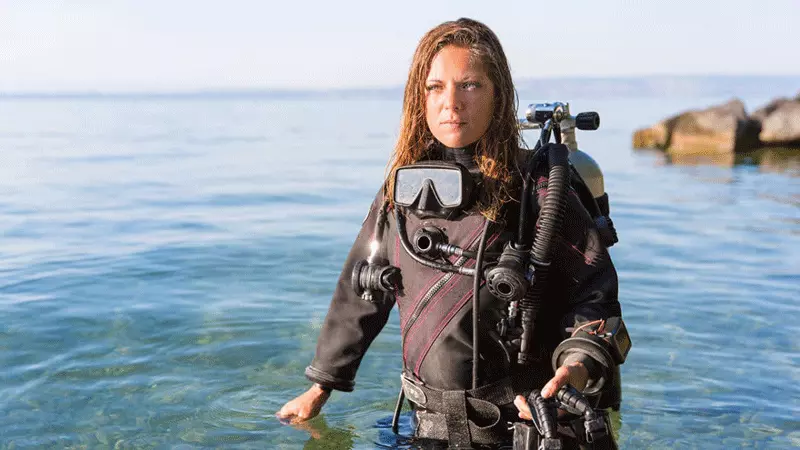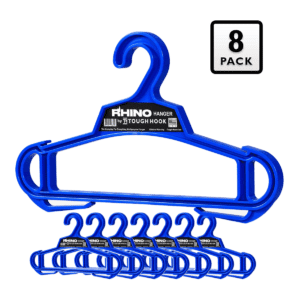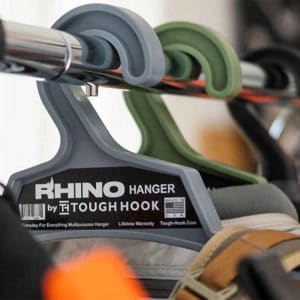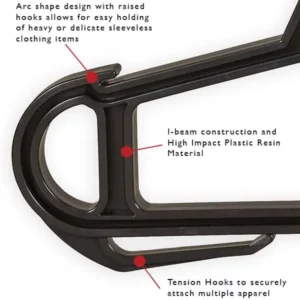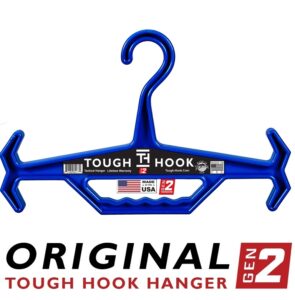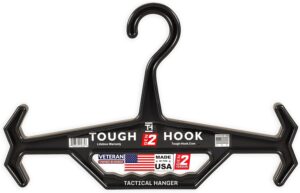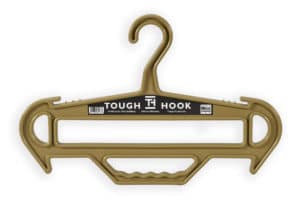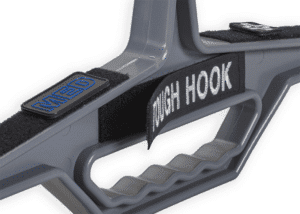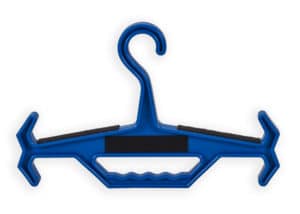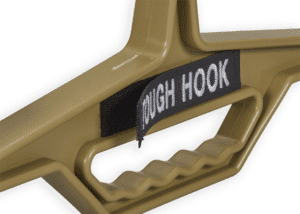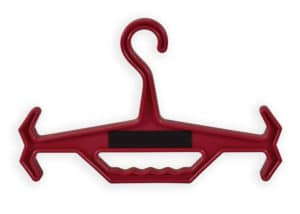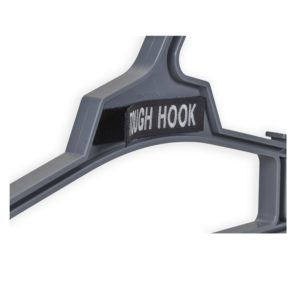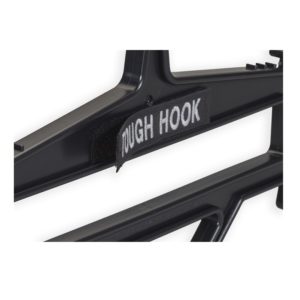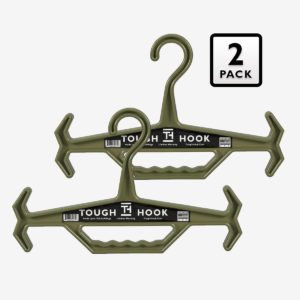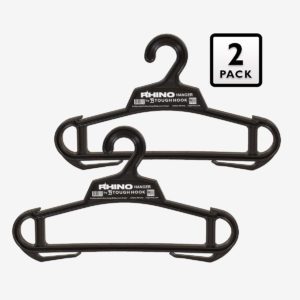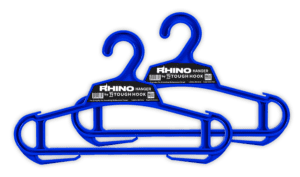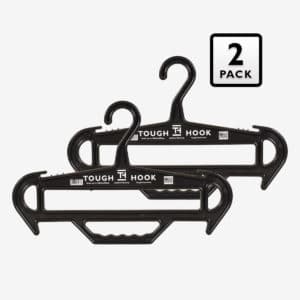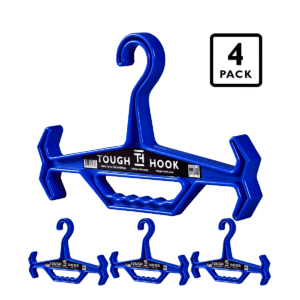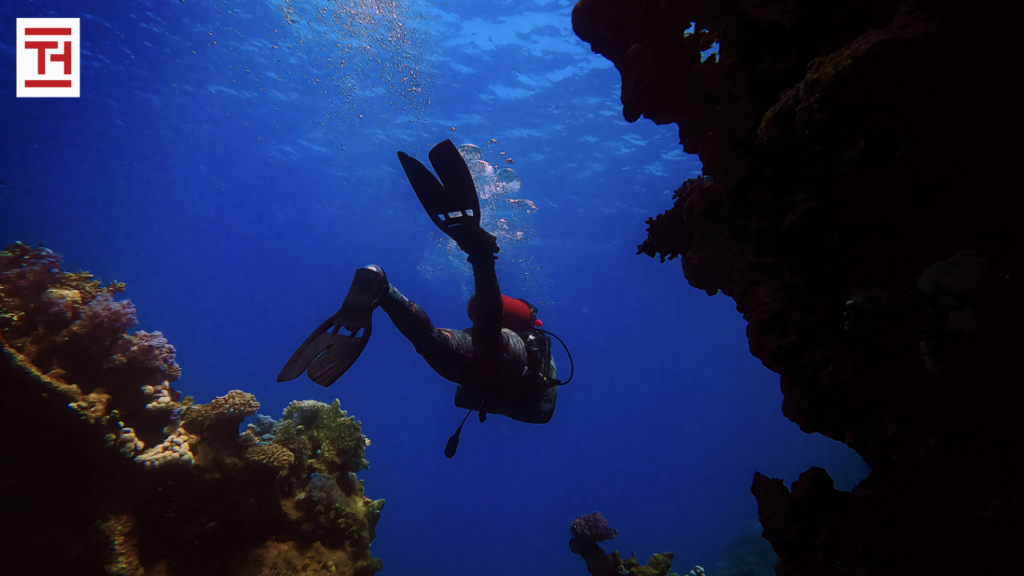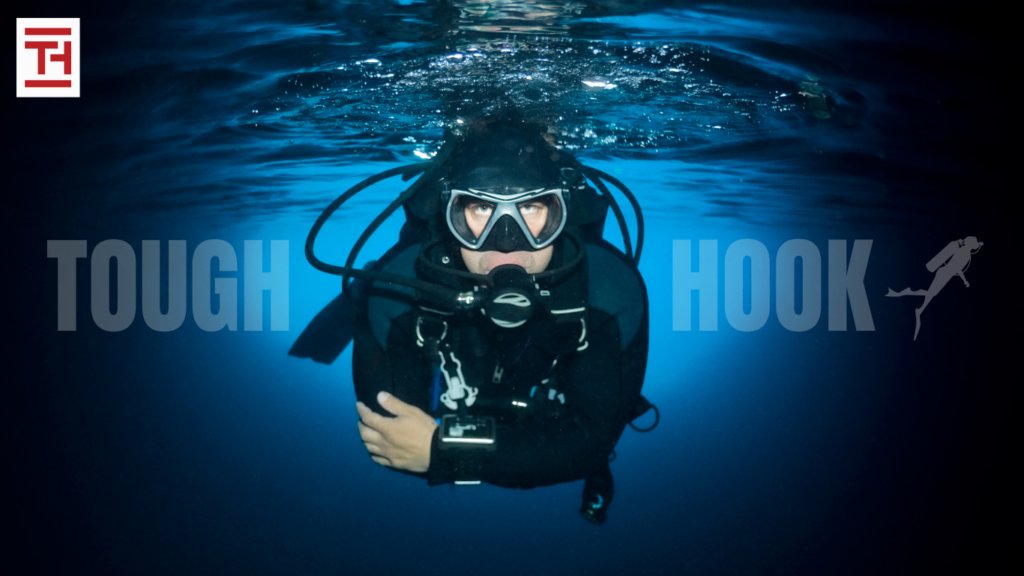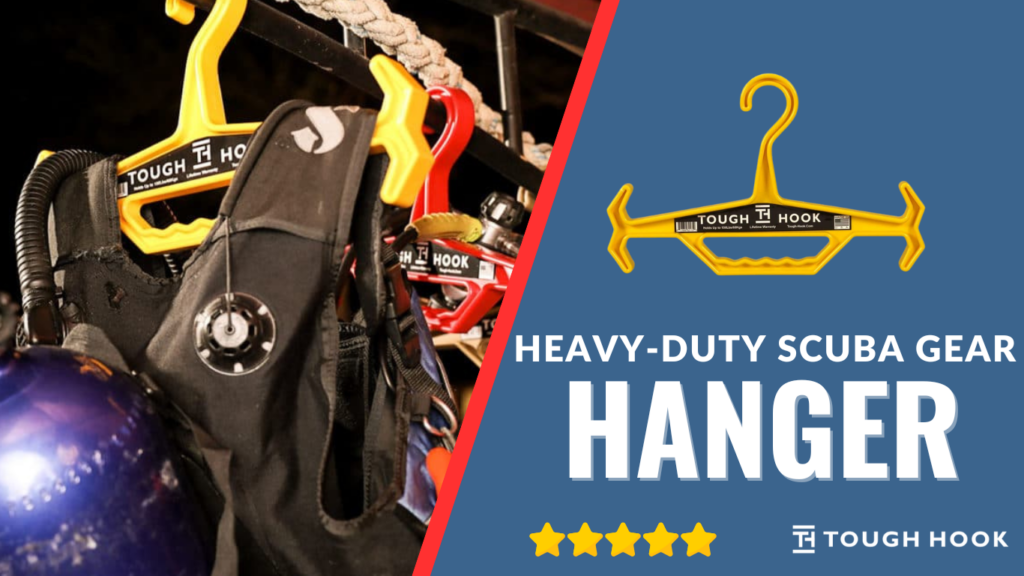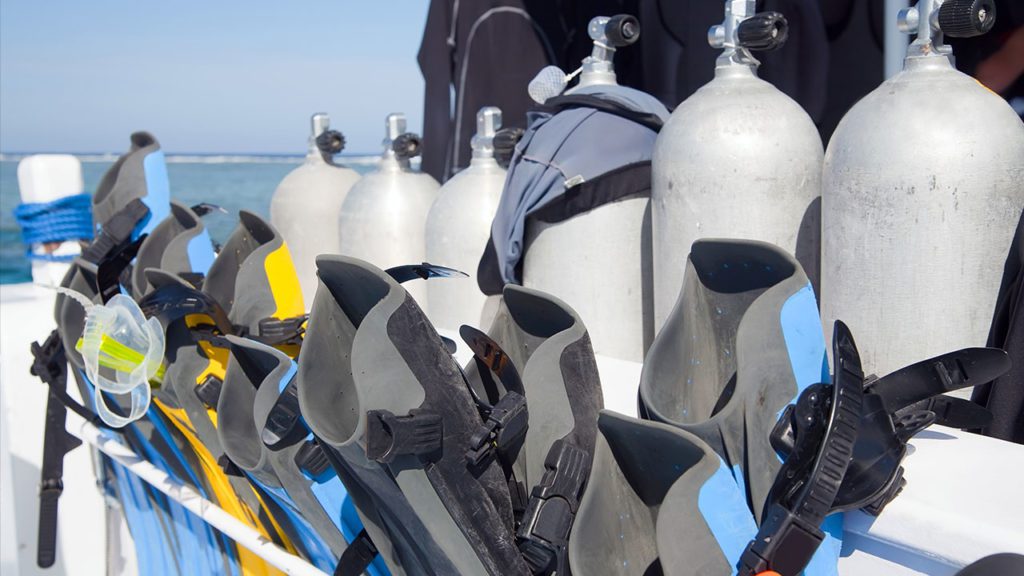If you’re into scuba diving, you already know how important the right drysuit is. Just as its name suggests, drysuits keep you nice and dry by preventing any water from going through them and reaching your skin.
They are especially beneficial when the water is cold because they insulate against the transfer of heat to the environment. In other words, drysuits keep the heat inside of your body; they don’t let it escape through the suit. This is but one reason why a scuba drysuit is so efficient at keeping you comfortable as you dive.
The perfect scuba drysuit
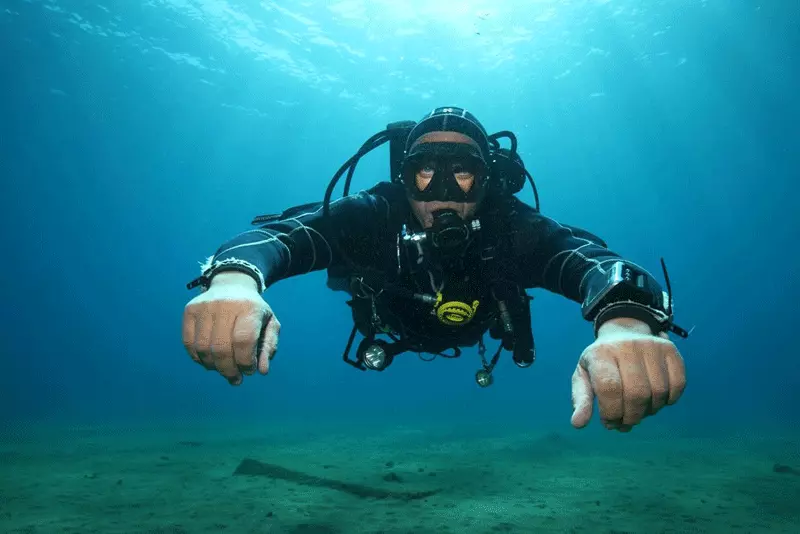
Since drysuits use seals and zippers to keep you warm and dry, they are made a bit differently than wetsuits, which rely on their thickness to keep you the same. They also have an inflater valve centered in the chest area as well as a shoulder-mounted vent. Divers can actually change the amount of air pressure in the suit in order to choose what works best for them. This being said, there are still different types of dry suits for scuba divers.
For instance, drysuits come with either neoprene or latex seals, and the latter are often trimmable to give you a custom fit. Some even have telescoping torsos that help if you happen to get a less-than-perfect fit. When you’re shopping for your next scuba diving trip and you need a drysuit, look for zippers and seals that are sturdy, well-made, and easy to use. Let’s face it; donning a dry suit is something that you’ll do again and again for a very long time, and you deserve to get one that fits right and is comfortable.
Shopping for a Scuba Dry suit
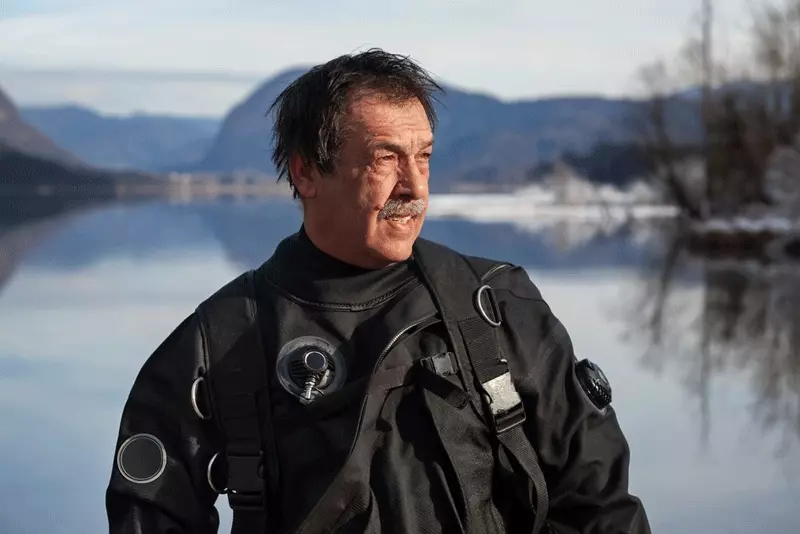
When you start shopping for your dry suit, you’ll notice that there are two main types. The membrane drysuit, also called a trilaminate or shell dry suit, is lightweight and easy to fold; however, with this type, you have to rely on garments worn under the suit to provide you with the warmth you need. On the other hand, neoprene dry suits are waterproof, thick, and heavier than the membrane dry suits. They also do a better job of keeping you warm. In fact, it’s likely that you’ll need a special hanger just for this type of dry suit because of their weight and thickness, but those are easier to find than you think.
When you’re looking for the right scuba dry suit, the most important thing to remember is to try it on before you buy it. Indeed, this is the only way to make sure that the suit won’t disappoint once you get in the water. Check that it isn’t too tight around the wrists and ankles, make sure that you can move well while it’s on, and ensure that it is easy to maneuver. If you have your exact measurements, you’ll be more likely to get a suit that fits perfectly. In addition, don’t forget to try on the boots as well, because when you’re on any type of scuba diving adventure, those are just as important as the suit.
Drysuit boots are heavy-duty boots that have hard bottoms. It may seem as if they’d be difficult to swim or dive with, but since they are specially made for scuba diving, this isn’t the case. And when you’re done with the suit because your adventure is over, you can easily find a hanger to accommodate the suit. This is because companies such as Tough Hook specialize in hangers that can handle up to 150 pounds, making them perfect for both wetsuits and dry suits.
What about accessories?
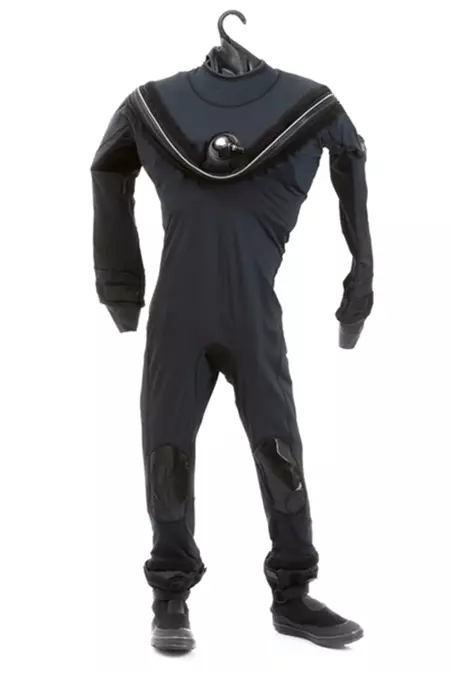
Finding the right scuba dry suit means finding one that will keep you both comfortable and warm the entire time you’re in the water, and the right accessories can make sure that happens. Some of these accessories include:
- Plastic rings made to attach gloves to the suit
- Special hoods that work with the neck seal as extra protection against water seepage
- Special socks made out of either neoprene or latex
- Thermal liners that go under the gloves to keep you even warmer
In essence, the right hanger can also be considered an accessory because it is the perfect way to store your drysuit when it’s not being used. There can be other accessories as well and they are all made for the drysuit to be more comfortable and efficient, which is what they do best.
Taking care of your Scuba Drysuit is important
A scuba drysuit is not a standard article of clothing. It is made out of specialized materials and it therefore needs specialized care. Let’s face it; drysuits and wetsuits are seldom cheap, so you’ll want to take good care of them through the years. This is especially true if you go scuba diving in salt water, because the suit needs to be thoroughly rinsed off with fresh water before you even take it off. In fact, it needs to be rinsed well regardless of the type of diving you participated in. Other than that, you’ll need to pay attention to the seals and zippers on the suit, and watch out for the following:
- Latex seals need to be lubricated with soapy water or talc
- Seals need to be cleaned with soap and water
- The suit itself needs to be checked for cracks or degradation
- Zippers need to be checked to make sure that they still work
- Zippers need to be lubricated with wax approved by the manufacturer (not silicone)
If water or dampness does get on the underside of the suit, just turn it inside-out and let it dry overnight. A scuba drysuit is made to last a long time, but only if you take good care of it day in and day out. Once you decide to do that, you can enjoy it for many years to come.
Conclusion
Choosing the right Scuba Drysuit is important when you’re scuba diving and for certain other types of activities. If you’re looking for a sturdy, heavy-duty hanger for the suit, the ones made by Tough Hook will never let you down because this is what these hangers are made for, making them the perfect complement to the rest of your diving gear.
Frequently Asked Questions
Why is it important to have the right fit for a dry suit?
A correctly fitting drysuit will ensure comfort, ease of movement, and effectiveness in keeping you dry underwater.
What are telescoping torsos in dry suits?
Some drysuits have telescoping torsos designed to provide an adjustable fit for the diver’s comfort.
Are dry suits suitable for cold water diving?
Drysuits are especially beneficial for cold water diving due to their excellent insulation properties.
What are the main types of dry suits?
The two main types of drysuits are membrane drysuits and neoprene drysuits.

